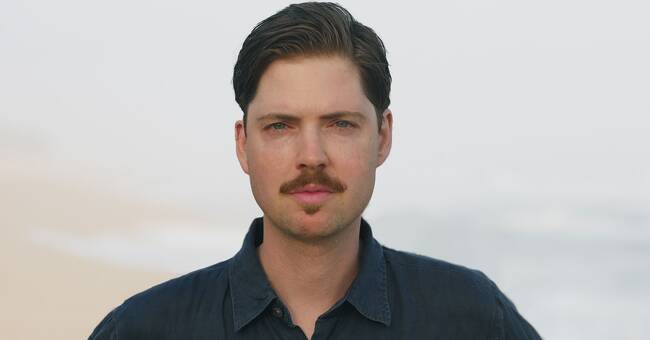Otoniel, whose real name is Dairo Antonio Úsuga, began his journey to the top of Colombia's paramilitary militias, defending the interests of landowners during the Civil War.
After the paramilitaries laid down their weapons, many took the step into outright crime and Otoniel quickly became the leader of the group Autodefensas Gaitanistas, better known as the Gulf Clan.
Compared to Escobar
During the work on the documentary series "In the shadow of El Chapo", we examined the path of cocaine from Latin America to Sweden.
With the help of Swedish authorities' evidence and testimonies from Colombian experts, we were able to show that parts of the cocaine cargo seized by customs during a high-profile operation in Uddevalla harbor came from the Gulf clan.
In this way, there is a direct connection between a Colombian drug lord like Otoniel and the problems with drug trafficking and gang violence in Sweden.
Colombia's president describes Otoniel as the world's most feared drug dealer and calls the arrest the 21st century's greatest success against the drug trade in Colombia and the end of the Gulf clan.
"It is only comparable to the fall of Pablo Escobar in the 1990s," said a remarkably pleased President Duque with masked elite soldiers lined up behind him.
The drug trade has been decentralized
And Duque needs a success.
With less than a year left of his term, the president has record low public support.
His time in power has been marked by street protests against the government and the corona pandemic.
By comparing the arrest of Otoniel with the end of Escobar, Duque tries to write himself into the history books.
But Otoniel is not an Escobar.
The time when hierarchically structured cartels - such as Escobar's Medellin cartel - could dominate an entire country is long gone.
During the 2000s, the drug trade has instead been decentralized, where borderless criminal networks have become increasingly effective in supplying the world market with their illegal drugs.
Journalists are intimidated into silence
Escobar declared war on the Colombian state apparatus.
Today's organized crime has understood that it is more effective and long-term to buy influence through corruption and friendships with the political and economic elite.
And during Duque's time in power, several high-ranking officials with ties to the government have been revealed to be involved in the drug trade.
New players want to take their place
The arrest of Otoniel completely dominates the news agenda in Colombia.
But suspicious questions are already being heard about how the operation went.
Otoniel is said to have up to six thousand armed men in his service and eight safety rings around him.
How could he then be arrested without a single shot being fired?
Is it instead that Otoniel surrendered voluntarily to the authorities?
Speculation is in full swing.
He is now in the capital, Bogotá.
The plan is for him to be extradited to the United States, where he is accused of drug trafficking.
But there is no indication that the arrest will lead to a reduction in cocaine exports from Colombia.
The global war on drugs has been going on for 50 years.
Countless drug lords have been arrested or killed.
But the supply of illegal drugs is only growing.
There is no end in sight as long as customers with strong purchasing power in Europe and the USA are prepared to pay thousands of kronor for a few grams of cocaine, which in Colombia does not cost many kronor to manufacture.
For every well-known mafia leader who is cleared out of the way, new power-hungry players are waiting for their chance to take control of the lucrative trade.

